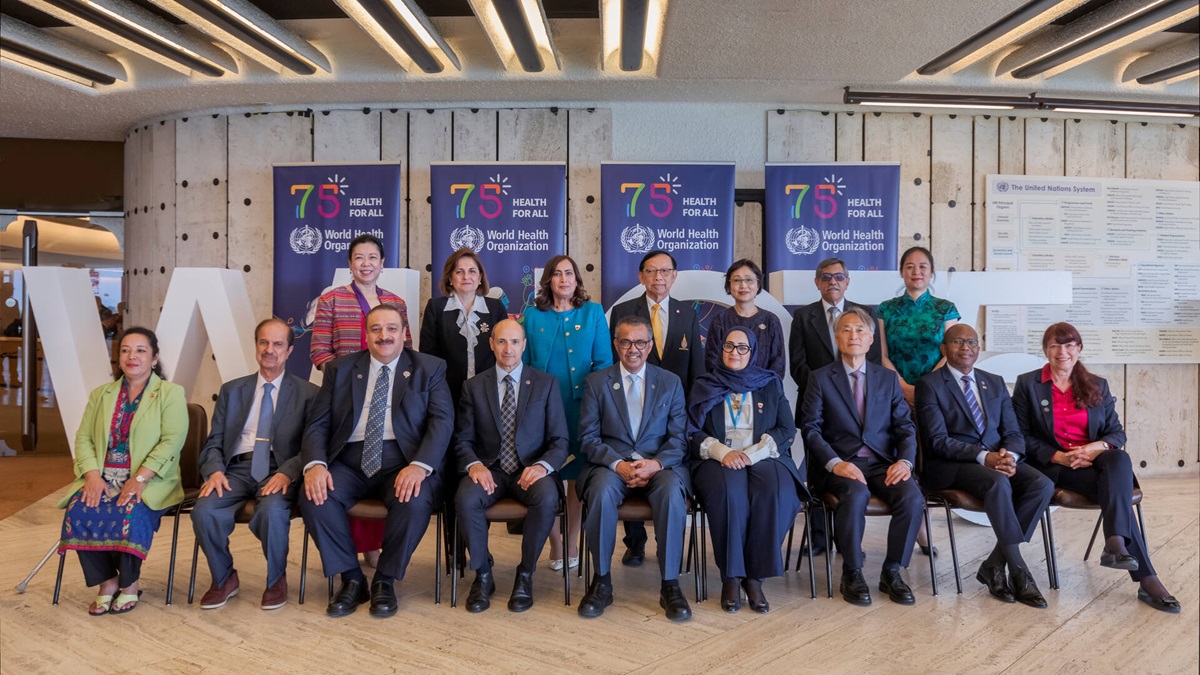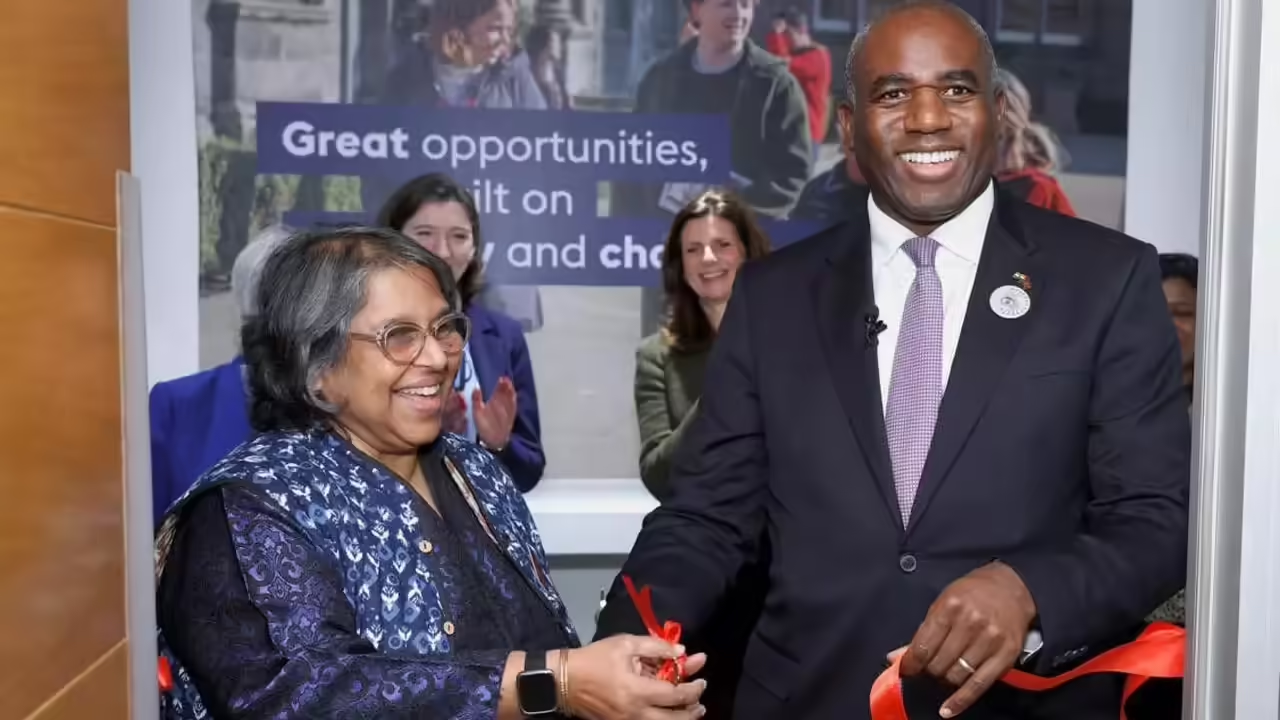But there are quite a few countries that do not want to be a part of that treaty. US, Brazil, and a few other countries have stayed away from going for a legally binding agreement
Even as the Omicron variant continues to infect people throughout the world, the World Health Organisation (WHO) has chalked out plans for an international treaty for future pandemic responses. But there are quite a few countries that do not want to be a part of that treaty. US, Brazil, and a few other countries have stayed away from going for a legally binding agreement.
On Wednesday, December 1, WHO’s member states took a step to formulating a legally binding treaty that would strengthen the global defenses against pandemics. In a special session, the WHO’s governing body agreed to the setting up of an intergovernmental negotiating body that would meet before March next year and start the process of formulating an international agreement that would bring about a “coherent and equitable response to future pandemics”.
Dr Tedros Adhanom Ghebreyesus, WHO Director-General, is all for the legally binding treaty and even said that the treaty decision was historic; he said it was “a once-in-a-generation opportunity to strengthen the global health architecture to protect and promote the well-being of all people”. The treaty will see arduous negotiations for a consensus among WHO’s 194 member countries. The agreement to bring around a treaty has called for negotiators to deliver the result of their deliberations in May 2024.
Incidentally, the European Union and Britain have been for a treaty or convention that carries legal force. Reports from Geneva pointed out the response of Britain’s Ambassador in Geneva who tweeted: “No better response to the emergence of the Omicron variant than this coming together Simon Manley of the international community behind the effort to strengthen the legal framework underpinning our collective response to pandemics.”
Though there was unanimity about the international treaty, United States and some other countries want a weaker mechanism that would not have any legal obligations for member states
According to Dr Tedros, the international agreement aims to avoid repetition of the “fragmented and splintered” steps by nations. These moves said the WHO chief had weakened the global response to Covid-19. The nations for the treaty want firm commitments to share data, virus samples and technology, along with fair distribution of vaccines.
In fact, the spread of the Omicron and the manner in which countries are reacting to it – closing down borders — has raised quite a few questions. Though there was unanimity about the international treaty, United States and some other countries want a weaker mechanism that would not have any legal obligations for member states. On its part, China said that it agreed “in principle with the ideas of further strengthening compliance, financing, sharing and information management” but it was very cautious about a new treaty and said that such a treaty was against “politicization, stigmatization and instrumentalization”.
************************************************************************
Readers











